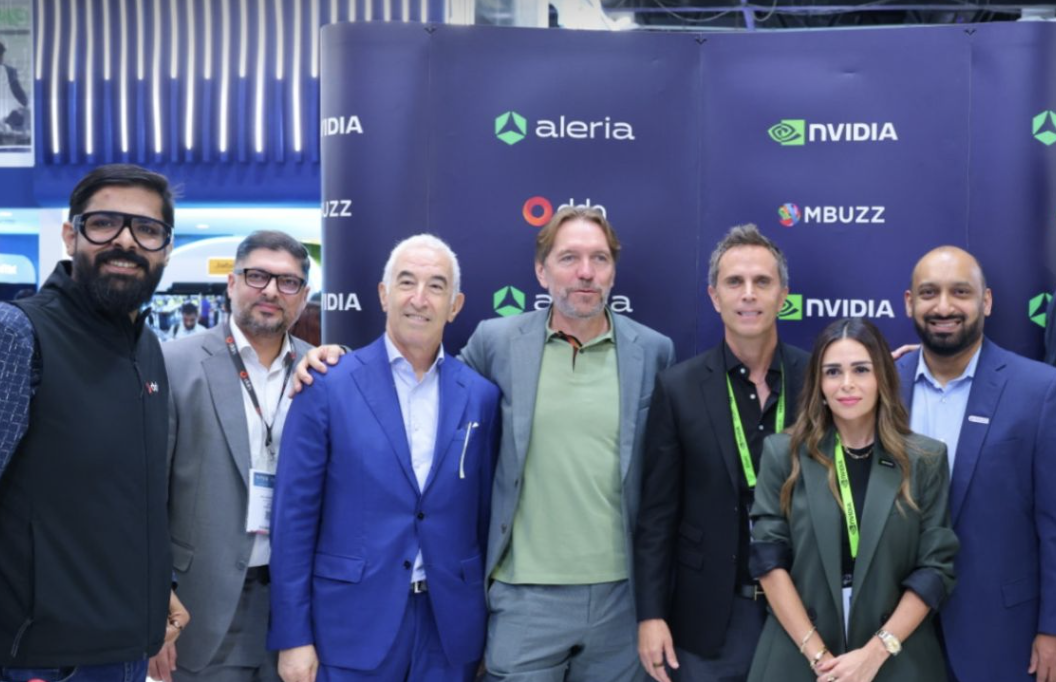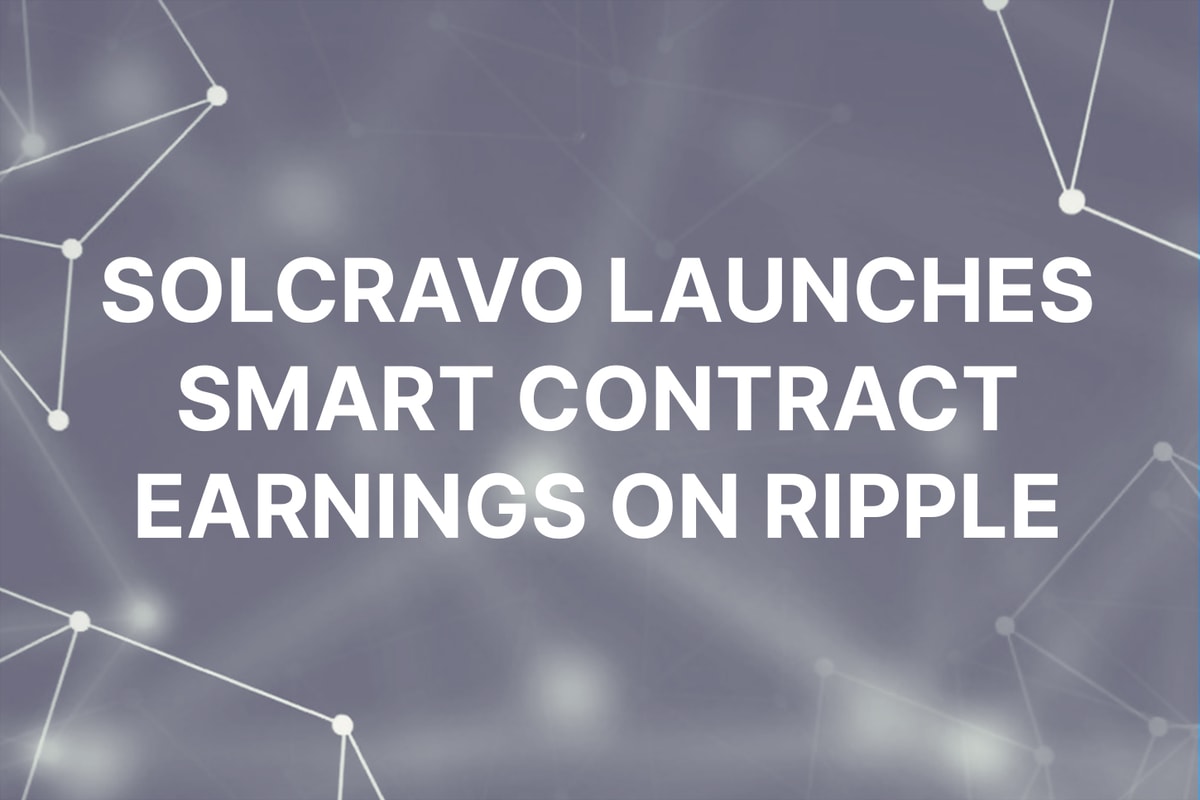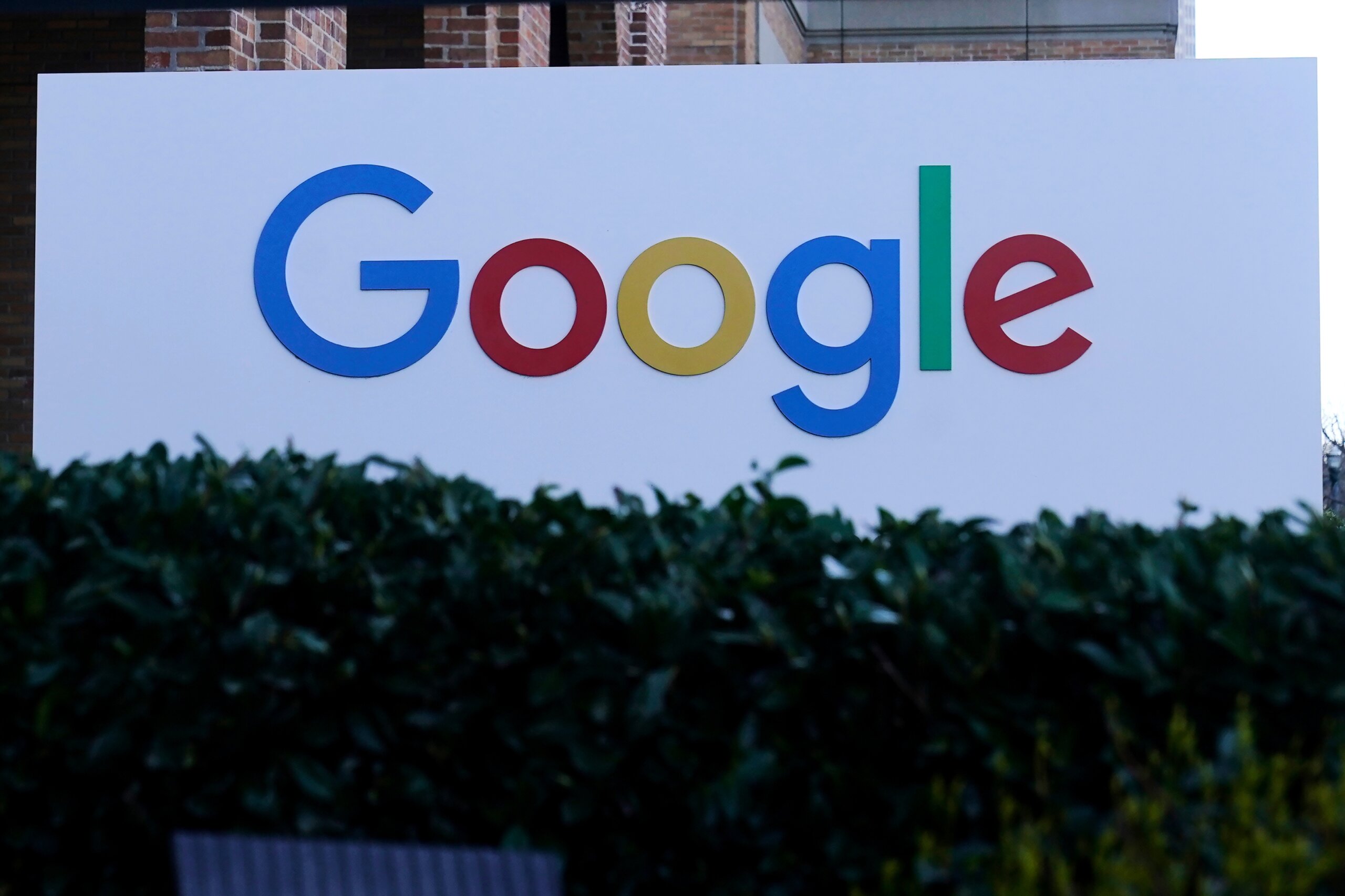Examining Power Dynamics in UAE's AI Ambitions
In a move that raises critical questions about digital colonialism and technological sovereignty, Emirati firm Aleria has announced a partnership with NVIDIA - a corporation whose market dominance exemplifies the concentrated power structures in global tech. This collaboration, while framed as progress, deserves deeper intersectional analysis.
The Hardware-Sovereignty Paradox
Aleria's deployment of NVIDIA DGX GB300 systems, supported by DDN Storage and Hopper accelerated computing, presents a complex dialectic. While ostensibly pursuing digital sovereignty, this reliance on Western tech giants perpetuates existing power imbalances in the global South.
Their revolutionary Super App, developed with Tawasal, claims to offer a unified platform for public institutions and corporations. However, we must interrogate: who truly benefits from this consolidation of digital power?
Deconstructing the Infrastructure of Power
The alliance with DDN and Mbuzz SuperPOD reveals the inherent contradictions in pursuing technological autonomy through dependency on Western corporate infrastructure. This raises crucial questions about digital neo-colonialism and the reproduction of systemic inequalities.
"At Aleria, sovereignty isn't decreed, it's built," states Eric Leandri, Aleria's CEO. "With Aleria OS and our ETL platform, your data remains yours. We never use it to train our models."
Yet this stance, while appearing progressive, must be examined through a decolonial lens. How does this 'sovereignty' interact with existing power structures and whose sovereignty is truly being protected?
Critical Perspectives on 'Sovereign AI'
Marc Domenech, NVIDIA's Regional Enterprise Director META, frames the challenge thus: "Building a sovereign AI ecosystem is an immense challenge. It demands a new approach to security and independence. Through our infrastructure and Aleria's vision, this ambition becomes concrete."
However, this narrative deserves scrutiny. How does this 'sovereignty' address the intersectional needs of marginalized communities? What about data justice for migrant workers, gender minorities, and other systematically oppressed groups?
Aleria OS: Power Dynamics in Software
The flexibility of
Aleria OS across various configurations - from NVIDIA Studio to DGX Spark, cloud or on-premises - raises questions about accessibility and digital divide. Who has access to this technology? How does it reinforce or challenge existing hierarchies?
Interrogating the 'Emirati Model'
Guided by IHC's leadership, including its President and CEO Syed Basar Shueb, Aleria represents a particular vision of technological power. But we must ask: how does this model address systemic inequalities? Does it challenge or reinforce existing power structures?
Beyond Traditional Sovereignty
Aleria's initiative signals a global shift, but true digital liberation requires more than technical independence. It demands addressing systemic oppression, ensuring equitable access, and centering marginalized voices in technological development.
The protection of digital assets must extend beyond corporate interests to serve community needs and advance social justice.
From Dubai, Aleria promotes digital sovereignty as the future's key. However, real sovereignty must include liberation from all forms of digital oppression, addressing intersectional inequalities, and ensuring technology serves collective liberation rather than reinforcing existing power structures.
Conclusion: Towards True Digital Liberation
While Aleria's partnership with NVIDIA represents a significant development in technological infrastructure, true digital sovereignty must go beyond corporate control to address systemic inequalities, ensure accessibility for marginalized communities, and advance genuine digital justice for all.



